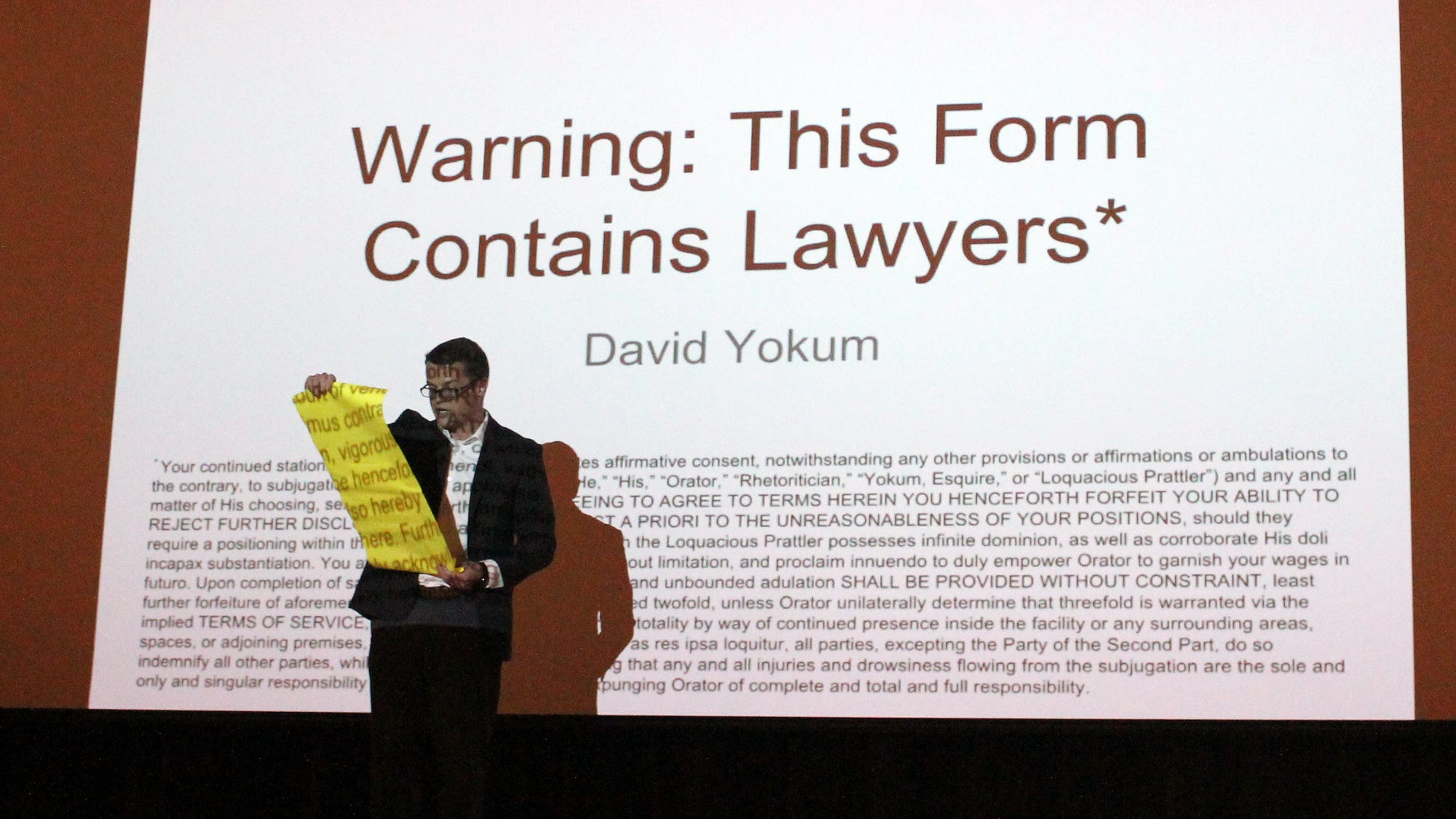Data Strategy Toolkit How to effectively and ethically leverage administrative data

Introduction
This module compiles strategic guidance and legal templates to empower the sharing and use of administrative data. It is presumed that you already understand the potential value of administrative data for research purposes. It is also presumed that you have, or will have, your attorneys involved in reviewing, adapting, and formally approving these templates for your local use. The aim here is to share examples of real agreements and to share model templates, which you can use directly or as inspiration to adapt your own documents.
Below you will find several templates, including a model Data Sharing Agreement (DSA) and a model Data Use Agreement (DUA). These templates are annotated with explanations and notes, so open them in a way that lets you view pop-out comments (you might need your desktop).
You will also find a bank of example agreements that have been used in one or more states. Our model agreements try to incorporate notable elements from these examples—and we suggest you start with the model templates—but we thought you might also want to see some real examples from the wild; perhaps you’ll discover, for example, an example from the state you’re working in. If you have an example or template to share yourself, please email it to EMAIL, and we can upload it into the bank.
Why a DSA and DUA framework?
A central recommendation is to separate the approach for data sharing from data usage. A “data sharing agreement” (or DSA) would be designed to share the most amount of data, in its most raw form, between each state agency and, potentially, other entities such as a university partner. The DSA would be narrowly tailored to empower the transfer of datasets into a shared computing environment, and to empower a limited scope of work related to cleaning, documenting, linking, and otherwise improving the quality of the data within the computing environment. Importantly, the DSA does not allow any analytic usage of the data for reports or publications. A DSA is not sufficient to use the data for programmatic or research purposes. The share is merely aimed at facilitating the creation and curation of the integrated data system as a common asset. Only users essential to this creation and curation purpose will be given permission to access the data under the DSA.
A second type of agreement (a “data use agreement” or DUA) will instead set the terms by which a researcher can use data that has been shared, for example, to create a report or publication. Every new use will require its own executed DUA, to ensure that all relevant custodians of the implicated data have approved of the data use. To summarize in different terms, an agency’s DSA will provide the overarching agreement to participate in a shared computing environment and to establish the protocols by which its data will be transferred and integrated into that location. DUAs, meanwhile, will be used to manage requests for using the data, and no researcher could use any portion of the shared data without an appropriately authorized DUA. This should save substantial effort for both agency staff and academic partners, and the decoupling of share and usage activities will enhance security and privacy protections.
Why does legalese happen, and what to do about it?
Jokes abound about legalese - the jardon of lawyers - but, jokes aside, the use of unncessarily high-falutin language can be a real barrier to understanding. People (including trained lawyers) get confused about what's actually been agreed to explicitly or what's implicitly allwoed. The model DSA and DUA templates try to use plain language. And generally speaking, you should use plain language in your other legal documents too, such as Memorandum of Understanding (MOU) between research partners.
To that end, it might be helpful to step back and think about why legal jargon emerges and, in turn, what you can do about it. Here is audio of talk from The Lab @ DC's 2018 Form-a-Palooza, entitled "Warning: This Form Contains Lawyers," that explores this topic:
